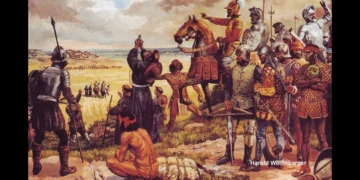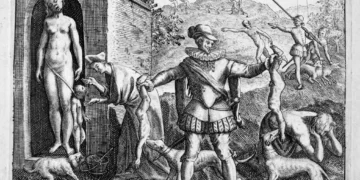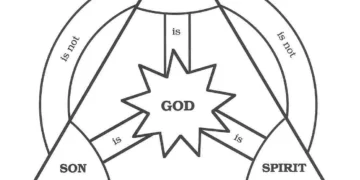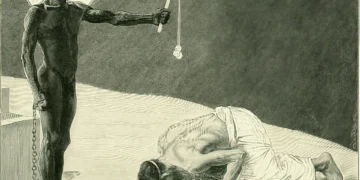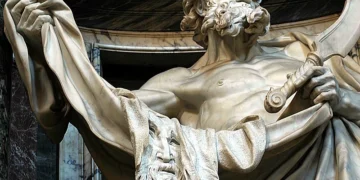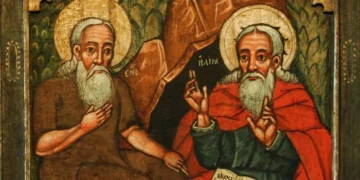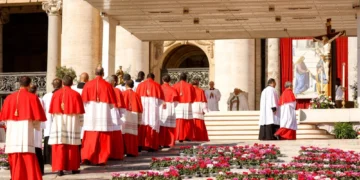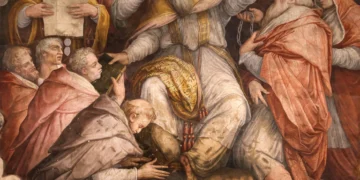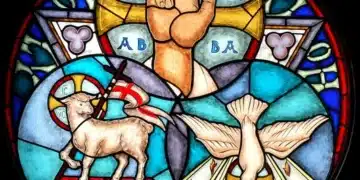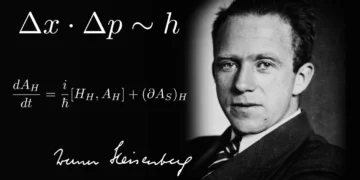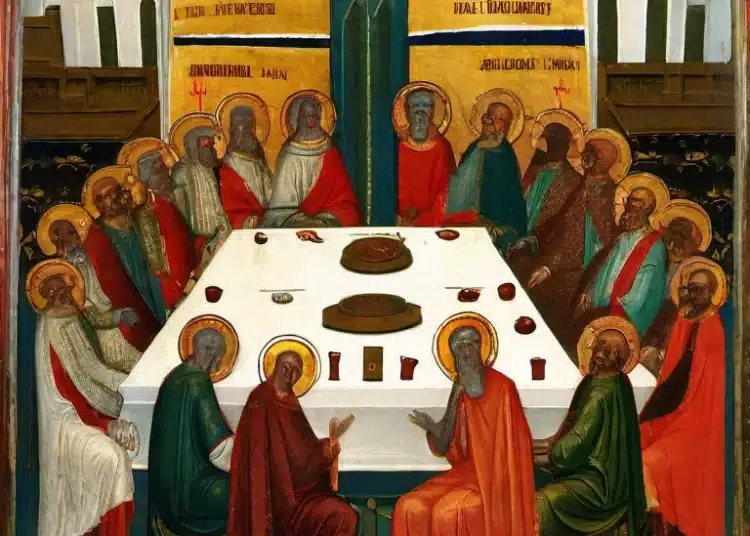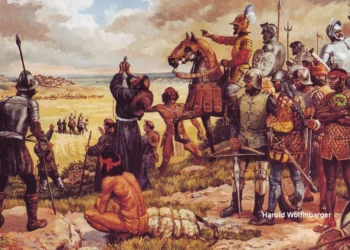The Council of Nicaea, convened in the city of Nicaea (present-day Iznik, Turkey) in 325 AD, holds a prominent place in history as a critical event that helped shape Christianity. As one of the most significant ecumenical councils of the early Church, Nicaea has left an enduring impact on religious doctrine, ecclesiastical policies, and the broader course of human civilization. This article will delve into the history behind the Council of Nicaea and explore its profound influence on the modern world.
Historical Background
The period preceding the Council of Nicaea was marked by theological disputes and divisions within the Christian community. Foremost among these were the teachings of Arius, an Alexandrian presbyter who propagated the belief that Jesus Christ was lesser than God the Father, putting forth the notion of the Son’s subordinate nature. This doctrine threatened to tear Christianity apart, prompting Emperor Constantine to summon a council to address these controversies.
Council Proceedings and Outcomes
The Council of Nicaea brought together around 300 bishops from across the Roman Empire, presided over by Emperor Constantine. The primary objectives of the council were to achieve theological consensus and restore unity within the Church. After impassioned debates, the majority of bishops, guided by the influential figures of Athanasius and Hosius of Cordoba, reaffirmed the divinity and equality of the Son with the Father. The Nicene Creed emerged as the council’s defining outcome, clarifying the orthodox position on the nature of Christ.
Enduring Impact
The lasting impact of the Council of Nicaea cannot be overstated. First and foremost, it resolved the Christological disputes that plagued the early Christian community. By affirming the doctrine of the Trinity and defining the Son as being “of one substance” (homoousios) with the Father, the Council established a theological foundation that has endured and continued to shape Christian theology for centuries.
Moreover, the Council’s influence extended beyond theology. Emperor Constantine’s role in convening and fostering the council demonstrated a pivotal moment in the relationship between Church and state, setting a precedent for future collaborations and power dynamics. This historical union of religious and political authority, although not without its controversies, served as a pivotal moment in the development of Christianity as the dominant religion of the Roman Empire.
The Council of Nicaea also laid the groundwork for ecumenical councils that followed, shaping the organizational structure and decision-making processes within the early Church. The influence of the Nicene Creed amplified over time, becoming a touchstone for Christian orthodoxy and a standard of faith for diverse denominations.
Modern Significance
Even in our modern world, the impact of the Council of Nicaea remains prevalent. The Nicene Creed continues to be recited in numerous Christian liturgical traditions, reminding believers of the foundational tenets established at Nicaea. Its emphasis on the unity of the Father, Son, and Holy Spirit has helped provide theological coherence to diverse Christian communities worldwide.
Furthermore, the Council’s historical significance extends beyond the realm of theology. It serves as a reminder of the complex interplay between religious beliefs, political power, and cultural identity. The Council of Nicaea stands as a testament to humanity’s ongoing pursuit of faith, understanding, and unity, as believers and scholars continue to engage with its decisions and their implications.
The Council of Nicaea Shaped Course of Christianity
The Council of Nicaea, a gathering of bishops in the early fourth century, shaped the course of Christianity by resolving theological disputes, defining key doctrines, and establishing an enduring framework for the Church’s organizational structure. Its impact remains pertinent in the modern world through the recitation of the Nicene Creed and its influence on Christian theology, as well as serving as a reminder of the interconnection between religion, power, and identity. The Council of Nicaea stands as a significant milestone in the development of Christianity, leaving an indelible mark on our history and collective understanding.


